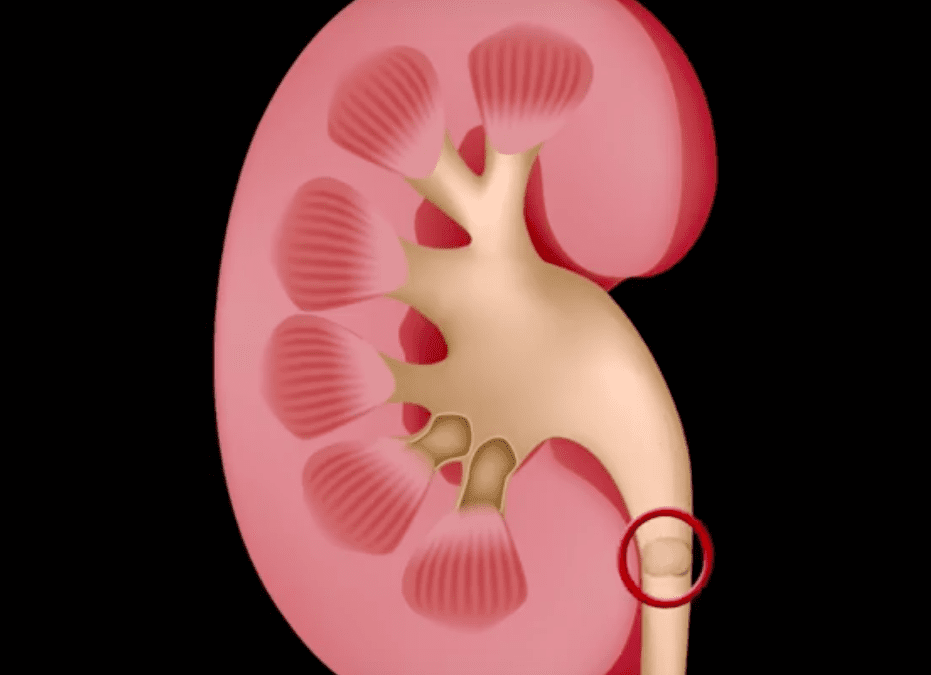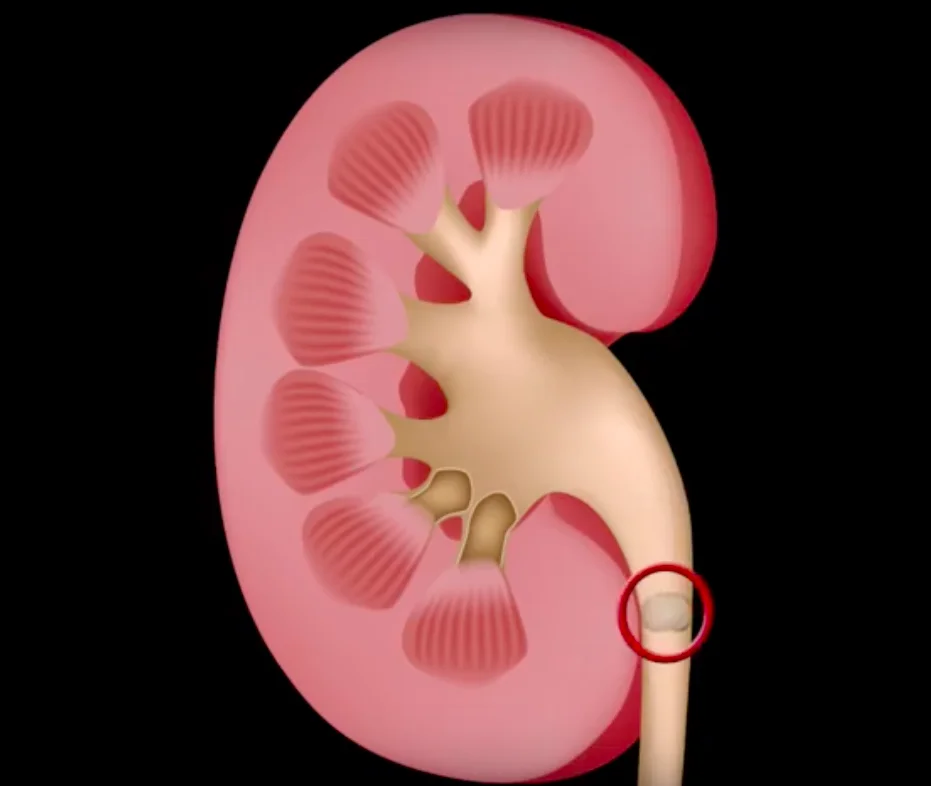
Five Things to Know About Kidney Stones

The good news is that more than ever we know more about how to prevent and treat kidney stones. Mike Spigler, the American Kidney Fund’s vice president of patient services and kidney disease education, shares key facts about the condition.
The first thing to learn is that kidney stones come in four different types. Different types of stones have different causes. The four types of stones are:
- Calcium Stones – the most common stone linked with foods like sweet potatoes, peanuts, and chocolate.
- Uric Acid Stones – often found in people who have gout or kidney problems.
- Struvite Stones – most often strike women. They are associated with urinary tract infections, which are more common in women.
- Cystine Stones – rare and stem from a genetic disorder.
Other than the four types of stones, there are five things everyone should know about kidney stones.
1. Kidney Stones Are Common
More than 200,000 in the US have a diagnosed kidney stone every year. You have a one in ten lifetime risk of developing a kidney stone, and your odds are higher if you’re male. Kidney stones most often affect those between 30 and 60 years old.
2. Kidney Stones Can Be Very Painful
The smallest kidney stones are as small as a grain of sand, and usually, move through your urinary tract without you realizing you had one. Larger kidney stones though will cause pain in your lower back, blood in your urine, nausea, and vomiting. Most describe the pain as pretty excruciating.
3. Kidney Stones are Likely to Strike More Than Once
Once you’ve had a kidney stone, you’re much more likely to get another one. If you get multiple stones, it’s important to try to capture one so your doctor can find out what it is and help put together a treatment plan.
4. Kidney Stones Are Preventable
Changing one’s diet can help. Avoiding foods high in purine could make a difference. That includes alcohol, some seafood, and some meats. Add in more foods that are high in citric acid like lemons and limes that may help prevent kidney stones.
Dehydration can increase your likelihood of developing kidney stones as well. Make sure to drink plenty of water. Kidney stones are also more common in people who are overweight. Losing weight can only help.
5. Kidney Stones Can Be Treated
Dr. Z Urology can prescribe pain medication for smaller stones, and they should pass on their own. For larger stones, there are two main treatments.
Shock Wave Therapy uses seismic waves transmitted through your back to break up a kidney stone so the smaller pieces can pass more easily. It’s typically done under general anesthesia.
If that doesn’t work, surgery is an option. With ureteroscopy, a long tool inserted through the urethra to remove or break up the stone. For the most challenging stones, a surgery called percutaneous nephrolithotomy removes the stone from the kidney.
It is important that if you feel you have kidney stones, please schedule. Pick up the phone and call Z Urology, with offices in South Florida.
We provide state-of-the-art urologic care in the South Florida area with a focus on both male and female urology. Our practice specializes in all urologic procedures, specifically, minimally invasive methods. Our three locations to choose from are located in Fort Lauderdale, Coral Springs and Pompano Beach.
We at “Z” specialize in bladder issues, erectile dysfunction (ED), prostate issues, urinary incontinence, sexual dysfunction, stone disease, BPH, male infertility, pyeloplasty, Peyronie’s disease, and ureteral reimplantation.


Recent Comments